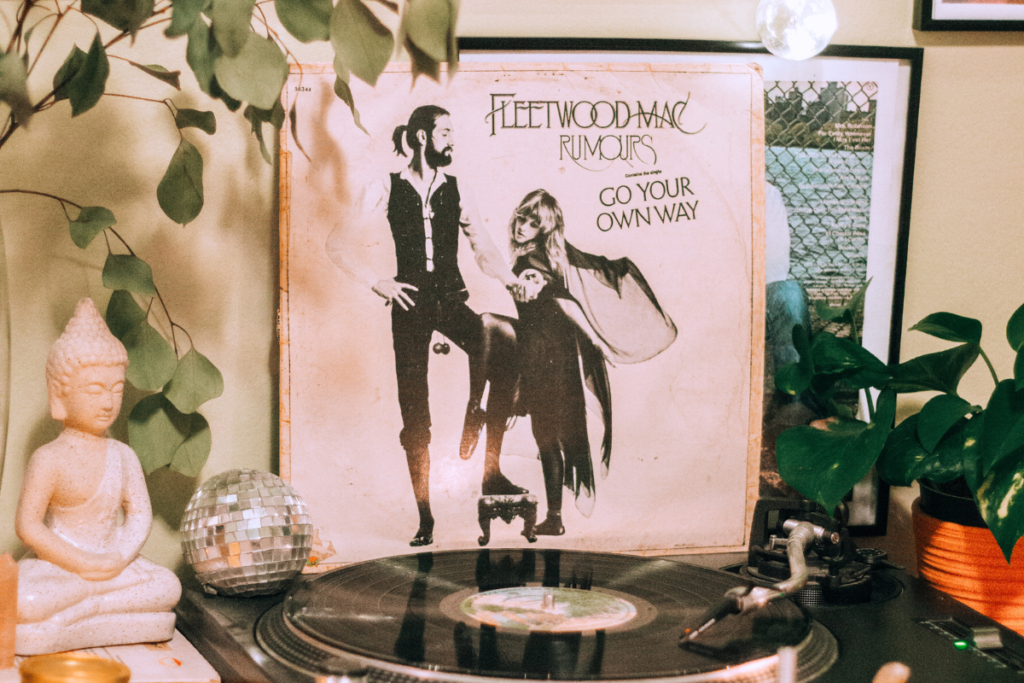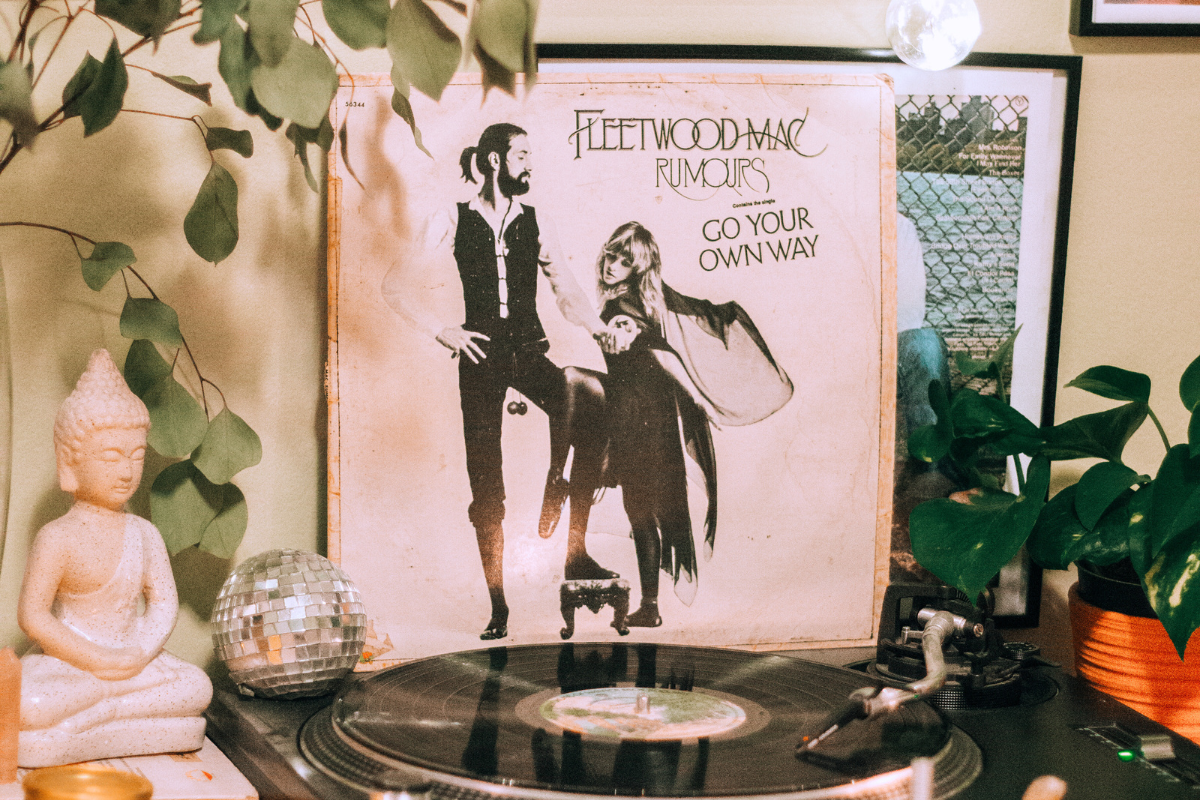Is This The End of the Album? We Don’t Think So

In a world where singles dominate and streaming your favourite tracks is just a click away, why bother exploring the full album your favourite song comes from?
It’s a question that many people in this day and age ask. Many of my friends would only be able to name one or two songs by some of their favourite artists due to never exploring beyond their few favourite tracks. And whilst I’m no stranger to surface-level listening, or having some playlists full of tracks that I barely know anything about, there is a lot to be said for the good old-fashioned album.
Music consumption has changed a lot over the years. However, the album as a musical format is one of the most enduring and influential forms in the history of recorded music. Populalarised in the mid-twentieth century, it gained rapid momentum in the 1960s, thanks to groundbreaking artists like The Beatles, who revolutionised the way albums were perceived and consumed. Before this, listeners were largely dependent on the radio for new music or forced to purchase individual 45rpm singles to piece together a collection of songs. The album, however, changed everything.
It allowed fans to immerse themselves in a cohesive body of work from their favourite artists, often telling a story or exploring themes that simply couldn’t be captured in a single song. Suddenly, music became something that could be experienced on a deeper level, with the ability to listen to an artist’s creative journey from start to finish, all from the comfort of home.
But after having great success on vinyl and then cassette and CD across the later half of the twentieth century, the album faced a dive in popularity, with the rise of streaming hitting the industry post-millennium. MP3 players and streaming websites contributed to the rise in listening to singles over albums, and this, amongst other factors, led to a tough few years for vinyl sales. In recent years, the album has experienced a resurgence in popularity, particularly on vinyl. According to the British Phonographic Industry (BPI), vinyl sales in 2023 increased for the 16th consecutive year, reaching their highest level since 1990. Leading the charge was Taylor Swift, whose re-recorded 1989 (Taylor’s Version) topped the charts, surpassing other iconic artists like The Rolling Stones and Lana Del Rey.
There are many benefits of listening to a full album over a selection of different singles, one of these is the fact that you listen to the songs as the artist intended, experiencing all the music in the order it is meant to be listened in, going on an emotional and sonic journey as you progress through the tracklisting. Ordering is a vital part of the production process with the majority of artists thoroughly considering the tracklisting and how each song musically and thematically relates to the others providing a cohesive and comprehensive listening experience. This can be vital to understand the release as a whole piece of art especially with more experimental or conceptual albums where certain tracks might seem out of place when played in isolation. Listening to an album also allows you to see the progress of different styles and experimentation as artists progress through different styles and instrumentations, providing defined eras for their work at that time.
So why is the album still important? Albums make a great addition to any fan’s music collection – whether that’s on vinyl, CD or even cassette. It’s great to own a full body of work from an artist you enjoy and be able to listen to your favourite music without relying on an internet connection. Album artwork is also an integral part of a collection of work, with many famous album covers coming to define the period they were released in – think The Beatles’ Sgt. Pepper’s Lonely Hearts Club Band in the 1960s, Fleetwood Mac’s Rumours in the 1970s and Nirvana’s Nevermind in the 1990s. You can picture all of those album covers, can’t you?
Another point that is often overlooked by many comes from the artist’s perspective. If the artists you listen to are on independent labels or are slightly smaller and still rising through the ranks, then album sales can really help them financially, much more than streaming profits which are famously low, even for very successful artists. But most importantly, having a collection of your favourite albums is a bona fide way to impress your friends, flatmates and family! A shelf full of albums provides a fantastic talking point with guests and a great way to decorate your home whilst injecting personality into even the dullest of rooms.
So there you are – a collection of reasons why you shouldn’t discount listening to albums. They tell stories, explore themes, and unfold in ways that singles simply can’t capture. What better way to enjoy an evening at home, soundtrack your commute or help you power through a gym session than exploring the artistic journies that albums can take you on?







